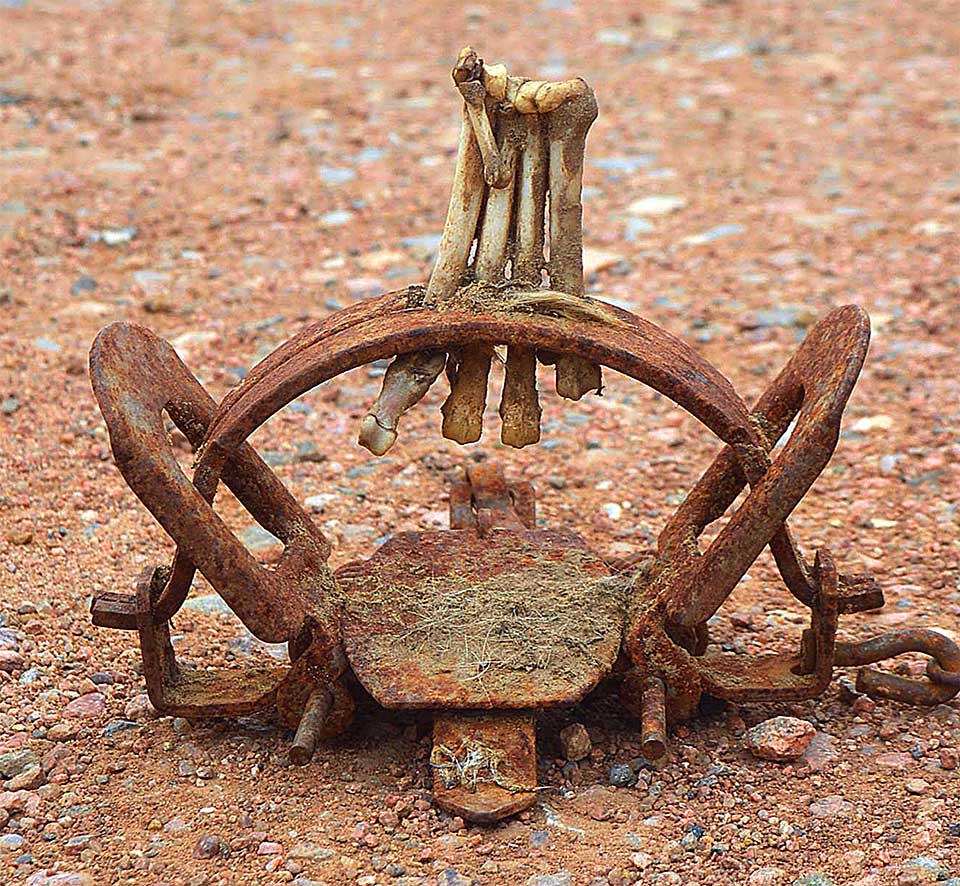Darwin's Other Cause: Animal Rights
March 27, 2023
by William P. Meyers
Popular pages:
| U.S. War Against Asia |
| Fascism |
| Democratic Party |
| Republican Party |
| Natural Liberation |
Prevention of cruelty to animals
I have been reading up on Charles Darwin. Given that I knew that he was an avid hunter as a boy, and collected thousands of specimens on the Beagle expedition, I was a bit surprised to learn that he later gave up hunting and became what we would now call an animal rights advocate. Given his and his family's long activism against slavery and racism, I suppose extending acts of kindness to all creatures should not have been a surprise. I quote at length from Darwin's Sacred Cause by Adrian Desmond and James Moore, page 336:
"The older Darwin was an abolitionist, perhaps even fanatical. For him economic reasons never entered into it: the issue was cruelty. Cruelty to all creatures. Charles and Emma [his wife Emma Darwin, nee Wedgwood] were distributing a pamphlet from later 1863, written by themselves, against the use of gin traps, the dog-toothed steel-sprung jaws so favored by gamekeepers. These traps, which smashed the legs of any animal that stepped into them, were increasingly in use by the sixties to clear predators on gentlemen's shooting estates. Emma worked with the Royal Society for the Prevention of Cruelty to Animals to institute a prize for the design of a humane replacement. Animals or slaves: it was a cruelty issue set in train by the same Buxton-Wilberforce set decades earlier. For the middle classes, compassion (now increasingly extended to wild animals) had become a mark of gentility."
Of course by today's most radical standards of animal rights activism, the Darwins were at a minimal level. At the time they were in the forefront. Today radicals insist on vegan diets. Fundamentally, in the 1860's, as the American Civil War raged, the debate was about cruelty, not rights. Even the debate about cruelty was sometimes phrased in terms of what cruelty meant for humans being cruel, not their victims.
Even killing animals was not the issue. Killing them might be considered necessary. The goal was to kill them quickly and painlessly. This is still an issue today. Many activists say steers and pigs should not be raised for human consumption. But when it is done, these meat animals should be killed in a painless fashion, preferably without anxiety leading up to the execution.
Few human beings have contributed as much to our civilization as Charles Darwin. He brought us out of the dark ages of believing that humans are fundamentally different from animals, and that non-Anglo Saxons, ranging from the Irish to Africans, were separate, inferior species. I highly recommend reading Darwin's Sacred Cause to see just how entwined science, or pseudo-science, was involved in the fight for or against slavery. I'll be writing more articles, I hope, including one on how class bias, so common in England and Great Britain, evolved over time into racism.
The text of the pamphlet and more background can be found at The Darwin Project, Appeal Against Animal Cruelty.

| Copyright 2023 William P. Meyers. All rights reserved. |
